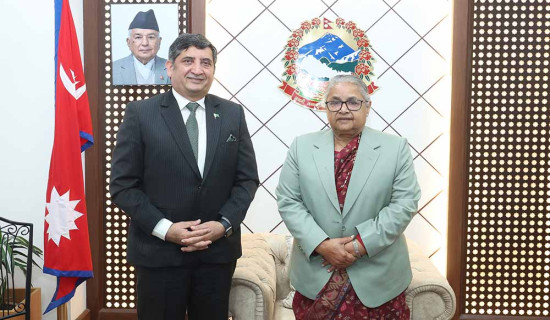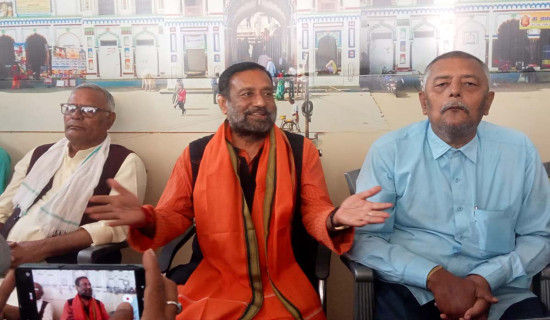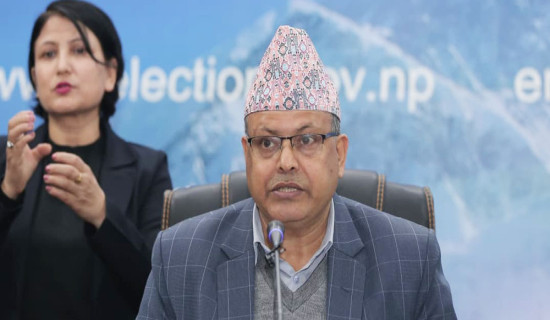- Saturday, 28 February 2026
Mental Health Support For Quake Victims
Earthquakes, hurricanes, floods, and wildfires are natural disasters that have become increasingly frequent and devastating in recent times throughout the world. These catastrophic events not only cause physical damage but also leave lasting psychological scars on survivors. The importance of psychosocial counseling in the aftermath of natural disasters cannot be overstated. This article aims to shed light on the significance of providing comprehensive mental health support to individuals and communities affected by such calamities.
Natural disasters disrupt the lives of individuals and communities, shattering their sense of security and stability. Various psychological issues that arise following trauma post-disaster may manifest as anxiety, depression, heartache, and post-traumatic stress disorder (PTSD). Survivors may struggle with feelings of helplessness, survivor's guilt, and hopelessness. The psychological impact of natural disasters can be long-lasting, hindering the recovery process and impeding the ability to cope with the situation.
Immediate needs
Addressing immediate needs is vital. In the immediate aftermath of a natural disaster, the focus is primarily on providing emergency relief, such as food, shelter, and medical aid. However, it is equally important to address the psychological needs of survivors. Psychosocial counseling plays a crucial role in helping individuals cope with the trauma they have experienced. By providing a safe space for survivors to express their emotions, fears, and anxieties, counseling helps alleviate distress and prevent the development of long-term mental health issues.
Psychosocial counseling empowers survivors by equipping them with the necessary tools to cope with the emotional shocks in aftermath of a natural disaster. It helps individuals develop resilience, enabling them to bounce back from adversity and rebuild their lives. Through counseling, survivors learn healthy coping mechanisms, stress management techniques, and strategies to navigate the challenges they may face during the recovery process. By fostering resilience, psychosocial counseling contributes to the overall well-being and long-term recovery of individuals and communities.
Natural disasters not only impact individuals but also entire communities. Psychosocial counseling plays a vital role in supporting community healing and rebuilding social connections. Establishing community-based support groups can provide a safe space for individuals to share their experiences, emotions, and concerns. These groups can foster a sense of belonging, reduce isolation, and promote resilience within the affected communities. Group counseling sessions provide a platform for survivors to share their experiences and offer support to one another These sessions help individuals realise that they are not alone in their struggles and encourage the formation of strong social networks, which are crucial for long-term recovery.
After the Jajarkot earthquake in Nepal, it has become more evident to provide comprehensive mental health support to the affected individuals and communities. Immediately after the earthquake, it is essential to provide psychological first aid to help individuals cope with the initial shock and trauma. Trained mental health professionals should be deployed to offer emotional support, assess immediate needs, and provide information on available resources. Long-term counseling and therapy services should be made available to individuals who have experienced trauma or loss. This can help them process their emotions, manage stress, and develop coping mechanisms. It is important to ensure that mental health professionals are adequately trained in trauma-informed care and cultural sensitivity.
Conducting psychoeducation programmes and awareness campaigns can help reduce the stigma surrounding mental health issues. These initiatives can educate the community about common reactions to trauma, self-care strategies, and available mental health services. They can also promote early identification of mental health problems and encourage help-seeking behavior. It is crucial to invest in training local healthcare providers, teachers, and community leaders in basic mental health support skills. This can help build sustainable mental health infrastructure within the affected areas and ensure that support is readily available in the long run.
Special attention should be given to vulnerable groups such as children, elderly individuals, and individuals with pre-existing mental health conditions. Tailored support programmes should be developed to address their specific needs and ensure their well-being. Without proper psychosocial support, the psychological impact of natural disasters can manifest in long-term mental health issues. Studies have shown that individuals who do not receive adequate counseling after a disaster are more likely to develop chronic mental health conditions. By providing timely and comprehensive counseling services, we can prevent the escalation of mental health issues and reduce the burden on already overstretched healthcare systems in the long run.
Coordination
It is widely recognised that counseling plays a crucial role in helping individuals and communities cope with the aftermath of natural disasters such as the Jajarkot earthquake in Nepal. Counseling can provide emotional support, help individuals process trauma and grief, and assist in developing coping strategies for the future. It is important that counseling services are made available and accessible to those affected by the earthquake to promote healing and resilience. In the aftermath of natural disasters, psychosocial counseling is not a luxury but a necessity. It is essential to recognise the importance of addressing the psychological well-being of survivors alongside their immediate physical needs. By providing comprehensive mental health support, we can help individuals and communities heal, rebuild, and develop resilience in the face of adversity.
Governments, aid organizations, and communities must prioritise the implementation of psychosocial counseling programmes to ensure the long-term well-being of those affected by natural disasters. Effective coordination and collaboration between government agencies, non-governmental organisations, and mental health professionals are essential to ensure a comprehensive and integrated response. This can help avoid duplication of efforts, maximise resources, and provide holistic support to the affected population.
(Dr. Lohani is the Executive Director at the Health Concern, Nepal. lohanis@gmail.com.)










-original-thumb.jpg)






